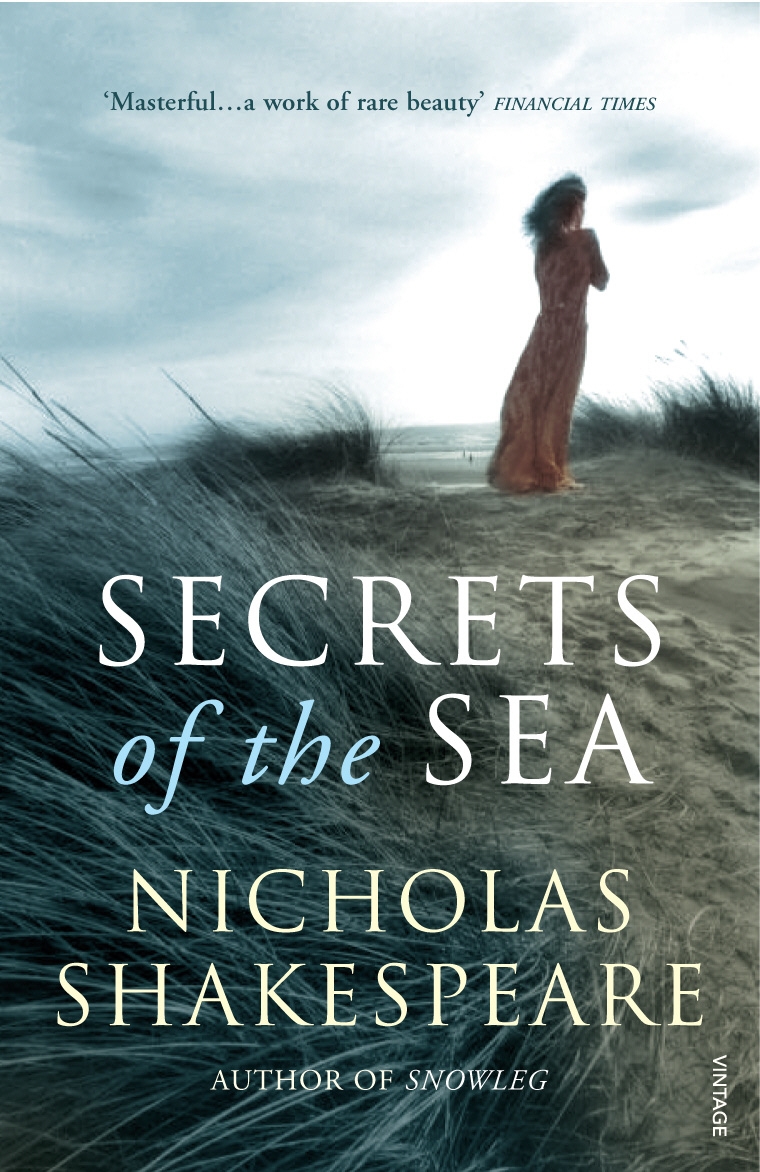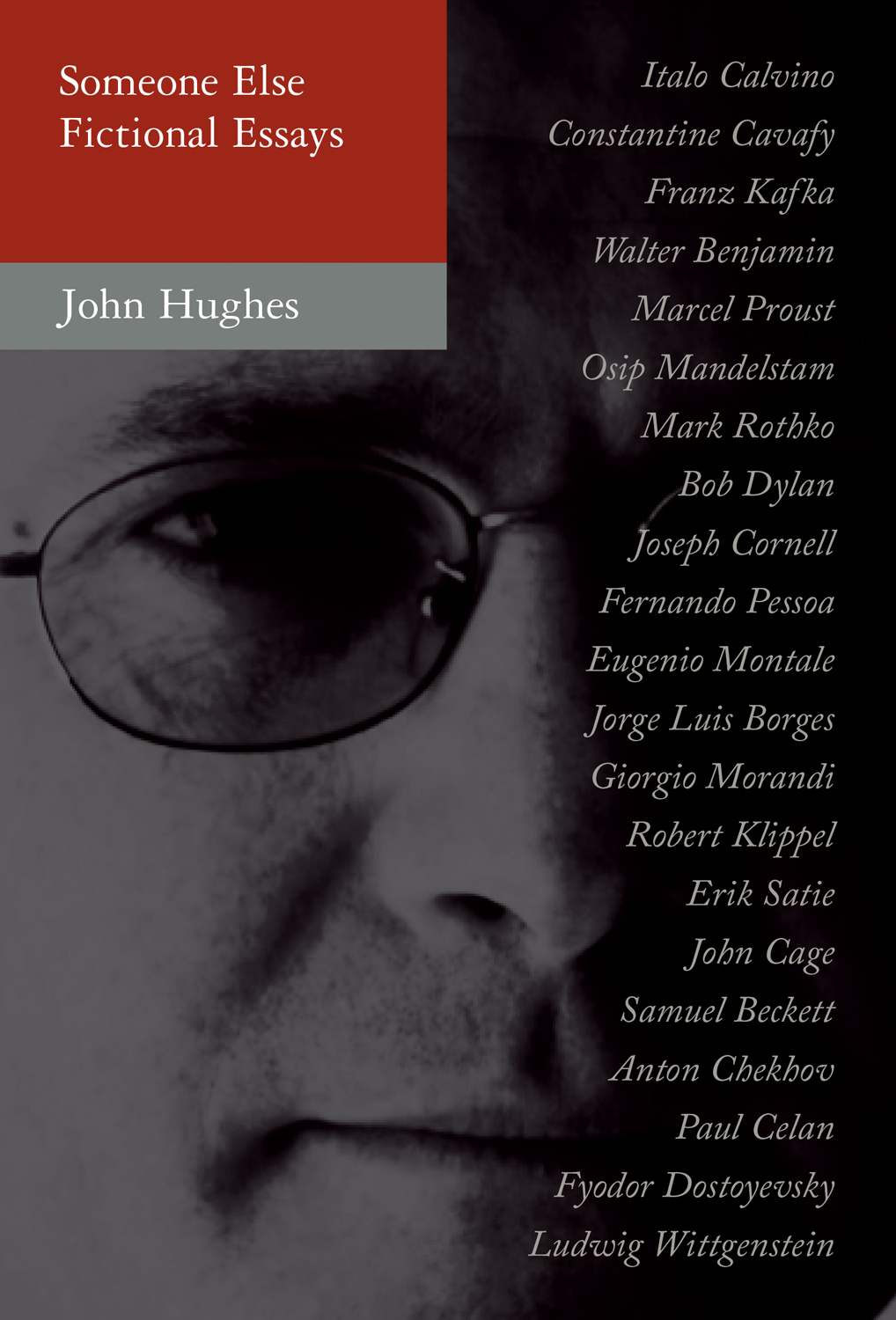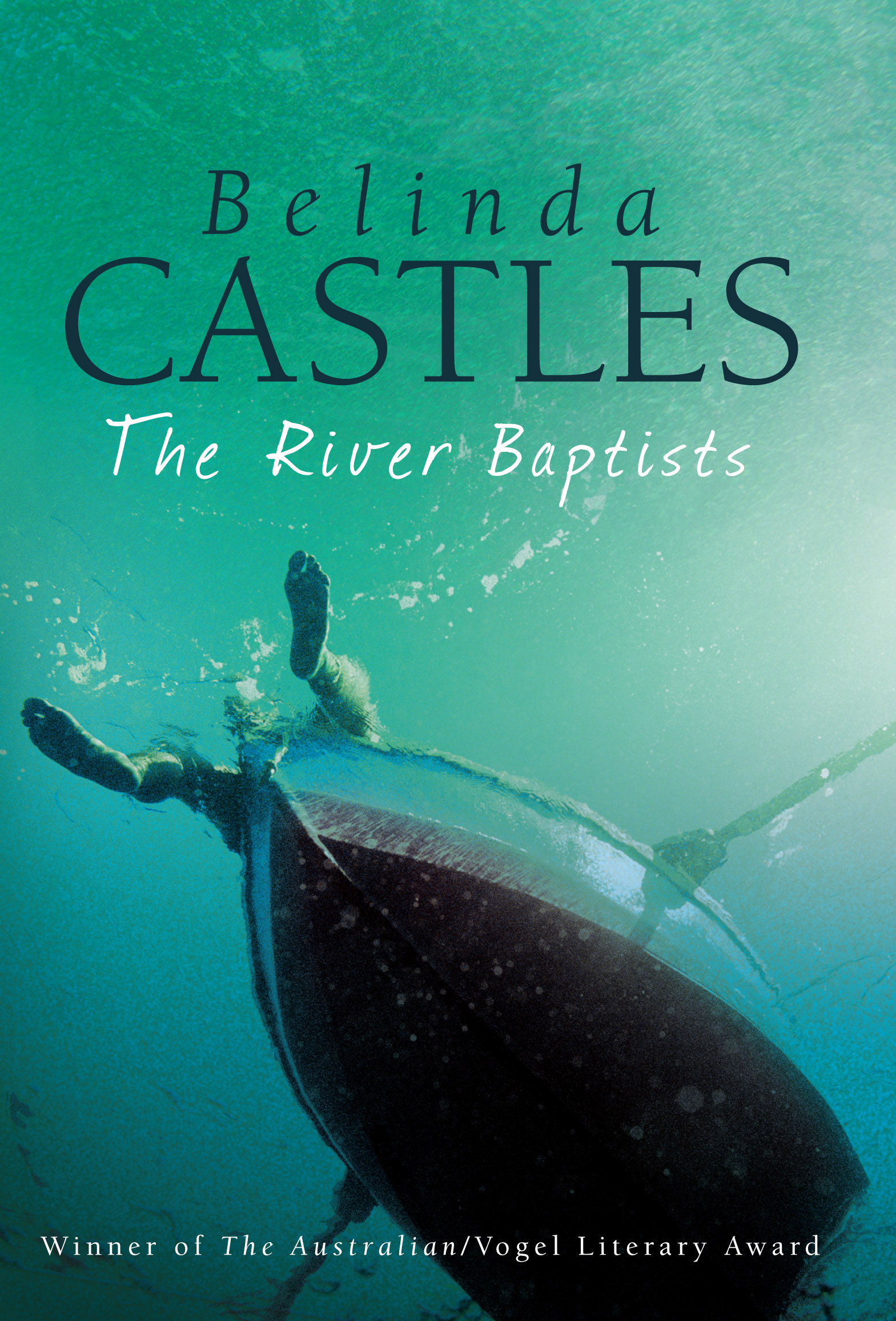Helen Hughes was a professional development economist who worked at the World Bank from 1968 to 1983 and then, as an academic, headed the National Centre for Development Studies at the Australian National University from 1983 to 1993. Since then, she has been a senior fellow at a conservative think-tank, the Centre for Independent Studies, where she initially focused on issues of development in the Pacific and, since 2004, in remote indigenous Australia.
This book’s launch was timed to coincide with the fortieth anniversary of the 1967 referendum. Hughes sets out to assess and address the ‘Aboriginal problem’ for 90,000 indigenous people who live in some 1200 ‘homeland’ settlements established in remote Australia from the 1970s, according to Hughes. Her book focuses on the ‘homelands’, because, in her view, their occupants’ deprivation is the greatest.
...
(read more)









